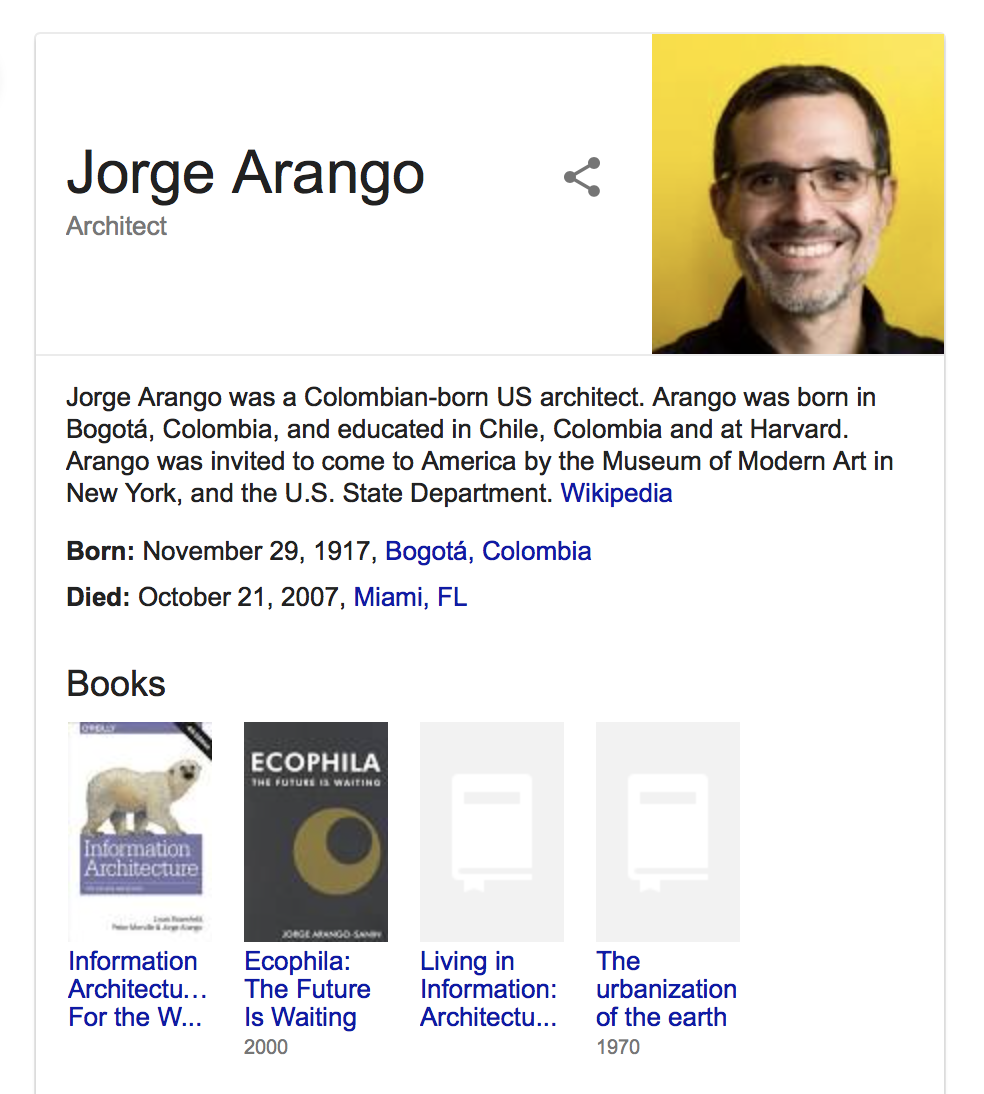Back in the waning days of the Cold War, U.S. President Ronald Reagan adopted a Russian proverb to describe his attitude towards Soviet disarmament: “Trust, but verify.” To some people, this phrase may come across as ironic or hypocritical. I’ve always liked it. To me, it suggests giving people the benefit of doubt, while avoiding dumb risks.
Many years ago, when I was running a small digital design studio in Panama, I’d field many different types of prospective clients. Some would be people I knew socially. Others were referrals from people I knew, or people I’d worked with in the past. A small minority were people I’d never heard of before. Design requires establishing a close relationship with the client, so I’d want to find out more about these potential clients. I’d usually search for their name on AltaVista (told you it was many years ago!) and eventually Google. Often a simple search would give me enough background to know if this was somebody I’d want to do business with.
For a small studio in a developing world country, every lead is precious. I was excited every time someone brought business to us. My initial response was to ask for more information on what they wanted help with. I established a courteous relationship. (Trust.) But I also did due diligence by gathering as much information as I could independently. (Verify.) Many of these leads didn’t pan out; often even a few minutes on a search engine would reveal to let me know the project wouldn’t be a good fit for us.
This “trust, but verify” attitude has saved me lots of aggravation over the years. I think it’s not uncommon for other people to do it as well when exploring new business relationships, which is why this brings me no end of grief:

This is the sidebar to the Google search results page if you look for my name. Yes, you’re reading that right: Google thinks I’m dead.
What’s going on here? There happens to be another architect and author also named Jorge Arango. (We’re not related.) Mr. Arango was Colombian, but practiced in southern Florida. He had a long and (as far as I can tell) rich life and died in 2007. I’m guessing that since we share the same name, profession, and affinity for words, Google’s algorithms are mixing up our profiles. The sidebar includes Mr. Arango’s Wikipedia description, my photo, and a mix of our books. It’s as though we’ve become a hybrid Jorge Arango, one with an unnaturally long lifespan. (I was graciously gifted one of Mr. Arango’s books by Amy Espinosa, and have started reading it. From what I can tell we have some stuff in common and would’ve had very interesting discussions had we met.)
I’ve asked Google multiple times to correct this, but I haven’t heard back from them. I don’t know how much human curation goes into these search results, and don’t have high hopes for a correction. So in case you’re Googling me for reference, rest assured: the search results of my death have been greatly exaggerated.